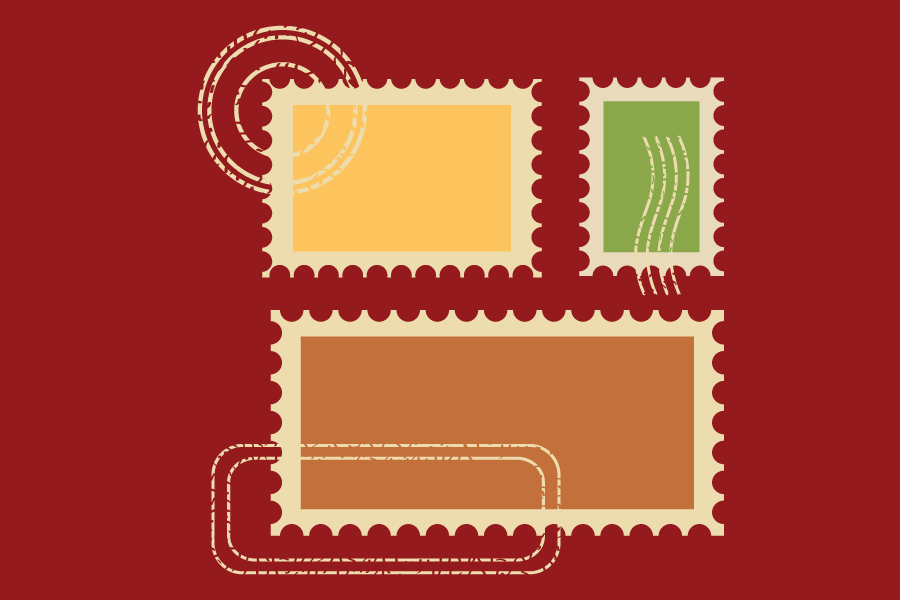Stamp Duty, a sometimes bitter pill
Written by Mr. Monchai Varatthan

Business people are routinely unaware of Stamp Duty and the ways and means needed to comply. As a result, they find themselves not only owing Stamp Duty, but also a surcharge that can be considerably expensive. It does not have to be that way. In this edition, we provide an overview of Stamp Duty in Thailand. We also spotlight hire-of-work agreements, as these service instruments are notorious for snagging contract parties into considerable tax liability.
Principle of Stamp Duty
Stamp Duty is taxed on an instrument, not on a transaction or on people. Section 103 of the Revenue Code defines “instrument” as any document chargeable with a duty. Thus, only instruments listed in the Stamp Duty Schedule are subject to Stamp Duty at their corresponding rates. For example, transfers of land are taxed at the rate of 0.5% of the transfer price; leases of land at the rate of 0.1% of the lease fee; transfers of shares at the rate of 0.1% of the transfer price; loan agreements at the rate of 0.1% (capped at Baht 10,000); and hire-of-work agreements at the rate of 0.1% of the fees, among others.
The Revenue Department and the Tax Court interpret “instrument” upon which Stamp Duty is levied as formal agreements to which two or more parties sign. According to these authorities, “instrument” includes correspondence documents that incorporate an agreement, such as purchase orders and invoices, but does not include unilateral documents, e.g. evidence of a loan signed only by the borrower.
Persons liable to pay Stamp Duty are commonly one of the parties associated with the particular instrument. The liable person can pay Stamp Duty in three ways: (1) affixing stamps to the document (2) using stamps impressed on a paper and (3) paying in cash by using Form Aor. Sor. 4. However, the Director-General of the Revenue Department requires that Stamp Duty for certain instruments be paid in cash, e.g. transfers of land, hire-of-work with fees at the rate of Baht 1 million or more.
Typically, Stamp Duty is owed upon instruments listed in the Stamp Duty Schedule at their time of execution. Where an instrument is executed in Thailand, Stamp Duty must be paid by the above procedures within, at most, 15 days from the execution date. Instruments executed outside of Thailand are not subject to Stamp Duty until being brought into Thailand. The first holder of the instrument in Thailand must pay the entire required Stamp Duty within 30 days of receiving the instrument, under Section 111 of the Revenue Code.
Late payment of Stamp Duty can incur the following surcharges.
| Late Payment | Maximum Surcharge |
| 16 days to 90 days | Two times the amount of Stamp Duty owed |
| More than 90 days | Five times the amount of Stamp Duty owed |
Apart from the taxpayers voluntarily pay Stamp Duty and surcharge mentioned above. During a tax investigation, Revenue Officers can impose a surcharge of up to six times the amount of Stamp Duty owed.
Stamp Duty on Hire-of-Work Agreement
Hire-of-Work agreements pose the greatest Stamp Duty tax risk. Even business people acutely aware of stamp duty obligations often find themselves in a quandary of Stamp Duty surcharges because they misunderstand the ambiguous nature of hire-of work agreements.
Theoretically, a hire-of-work agreement is defined under the Civil and Commercial Code but in practice, the Revenue Department broadly defines hire-of-work. As such most service agreements (e.g. warehousing service agreements and support services agreements) become considered as hire-of-work.
Stamp Duty payable on a hire-of-work agreement is 0.1% of a remuneration fee. If the remuneration is not known at the time of execution of the contract, the Stamp Duty must be paid on an estimate of the remuneration. Where a remuneration fee is valued at Baht 1 million and upward, Stamp Duty must be paid in cash at the Revenue Office by using Form Aor. Sor. 4.
Among other common misconceptions among taxpayers are the method by which fees are estimated for purposes of paying for Stamp Duty, and whether one can pay Stamp Duty upon each interval of fee payment.
Author’s Note:
Business people and other liable persons need to understand the nature of the agreements into which they enter, for among other reasons, to know whether Stamp Duty is owed on the instrument. In this regard, the importance of knowing the exact of nature of the service agreement cannot be understated. Further, parties need to ensure that they correctly pay Stamp Duty in order to avoid surcharges of up to six times the duty owed, in addition to the Stamp Duty.

